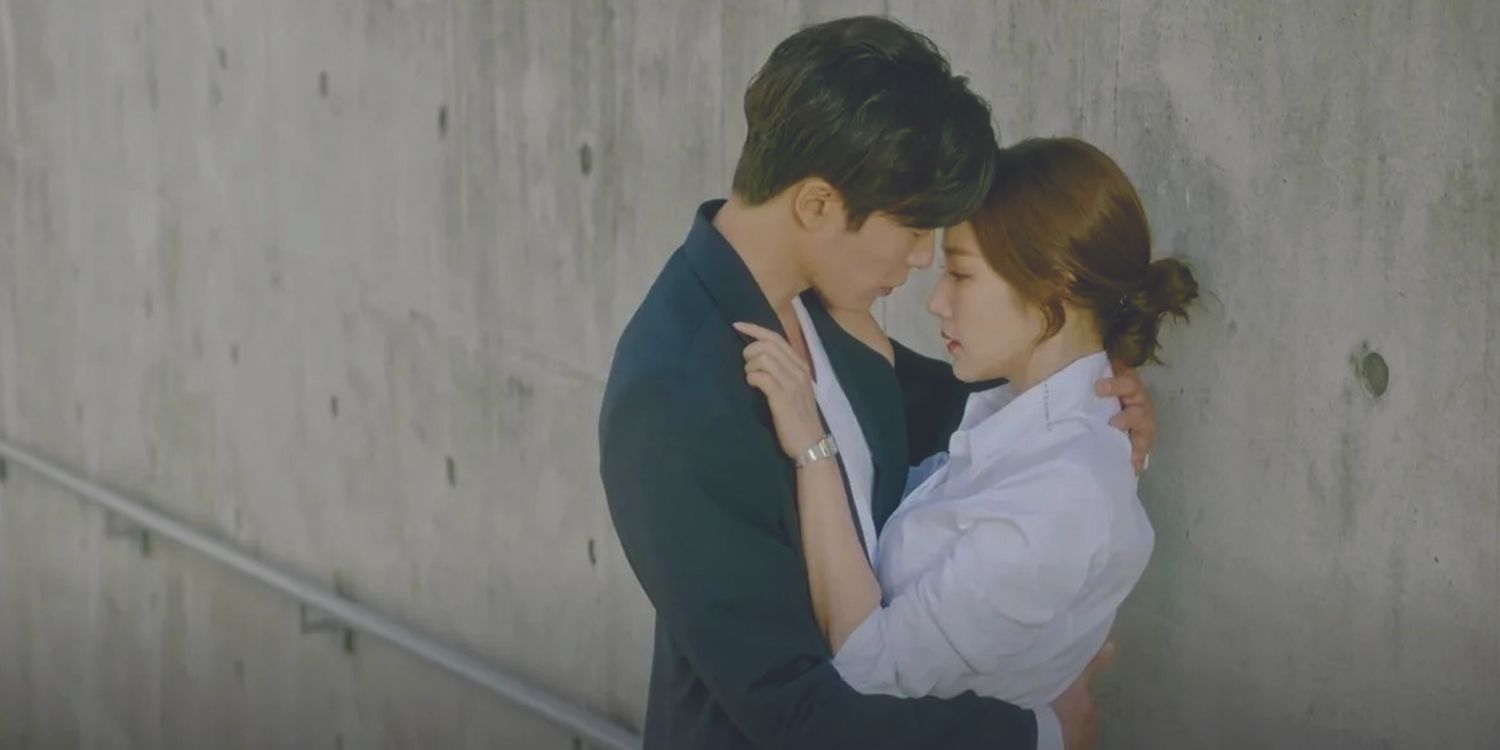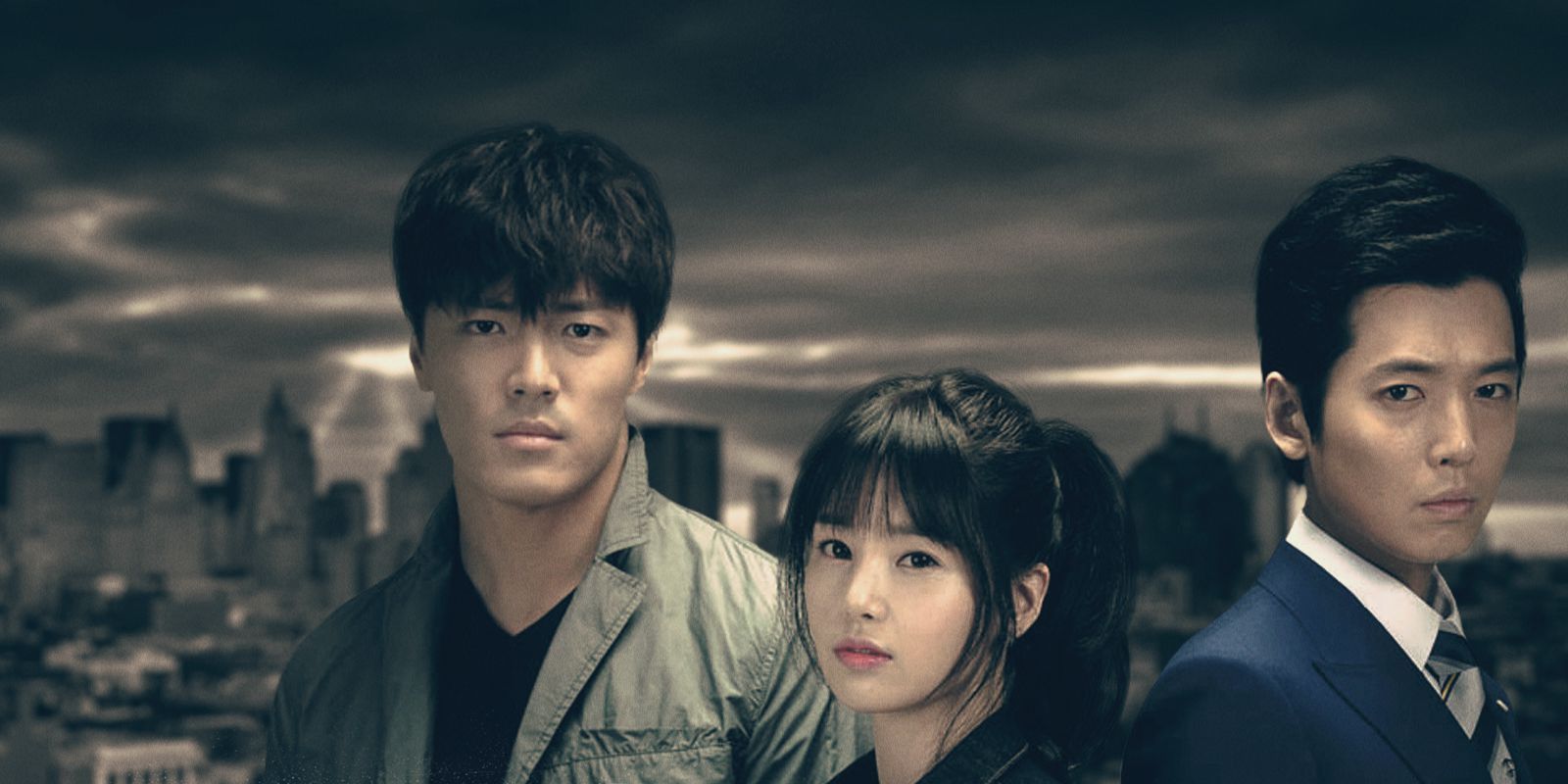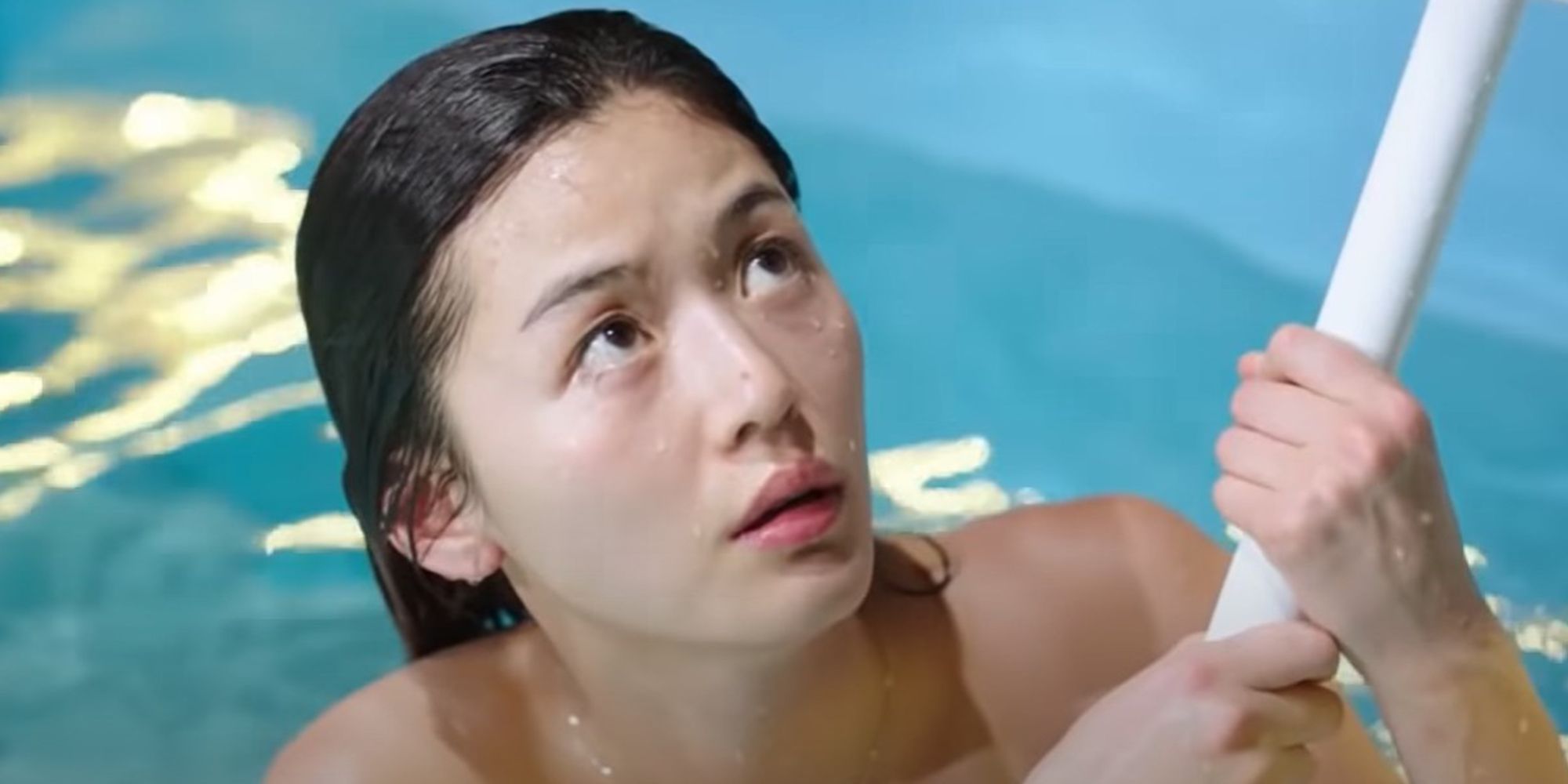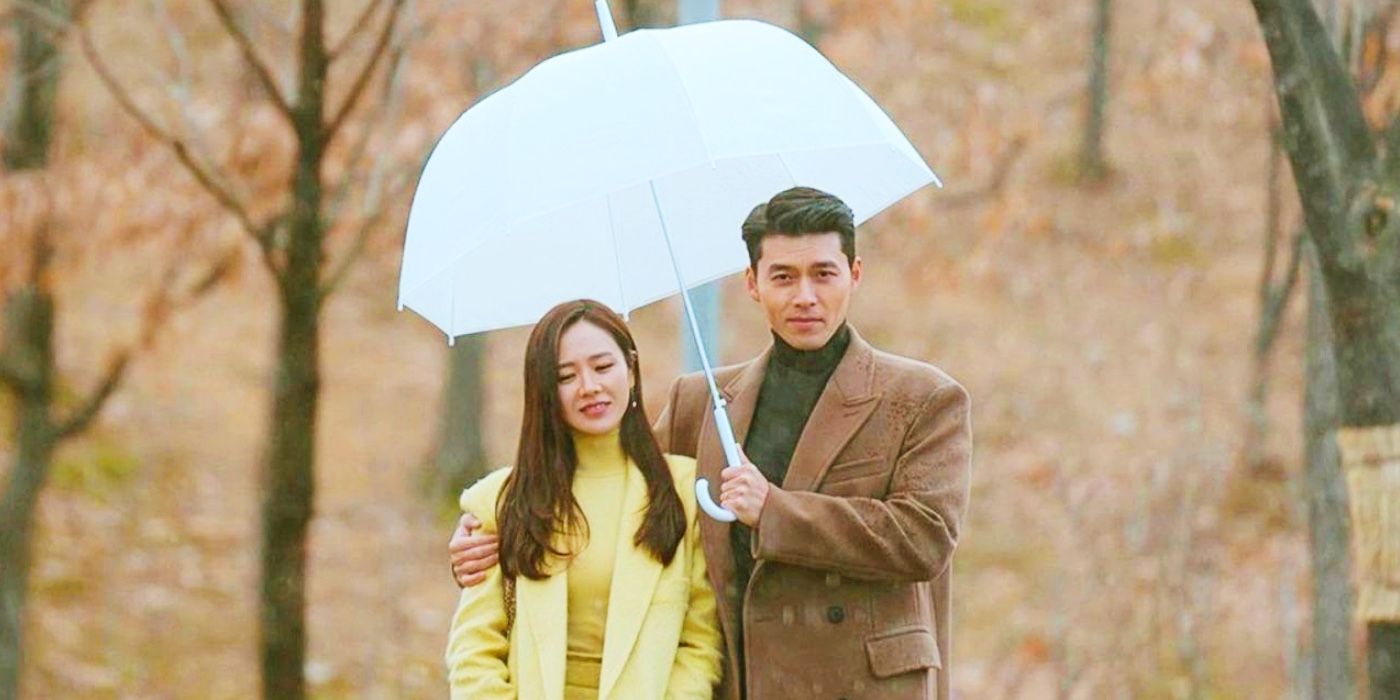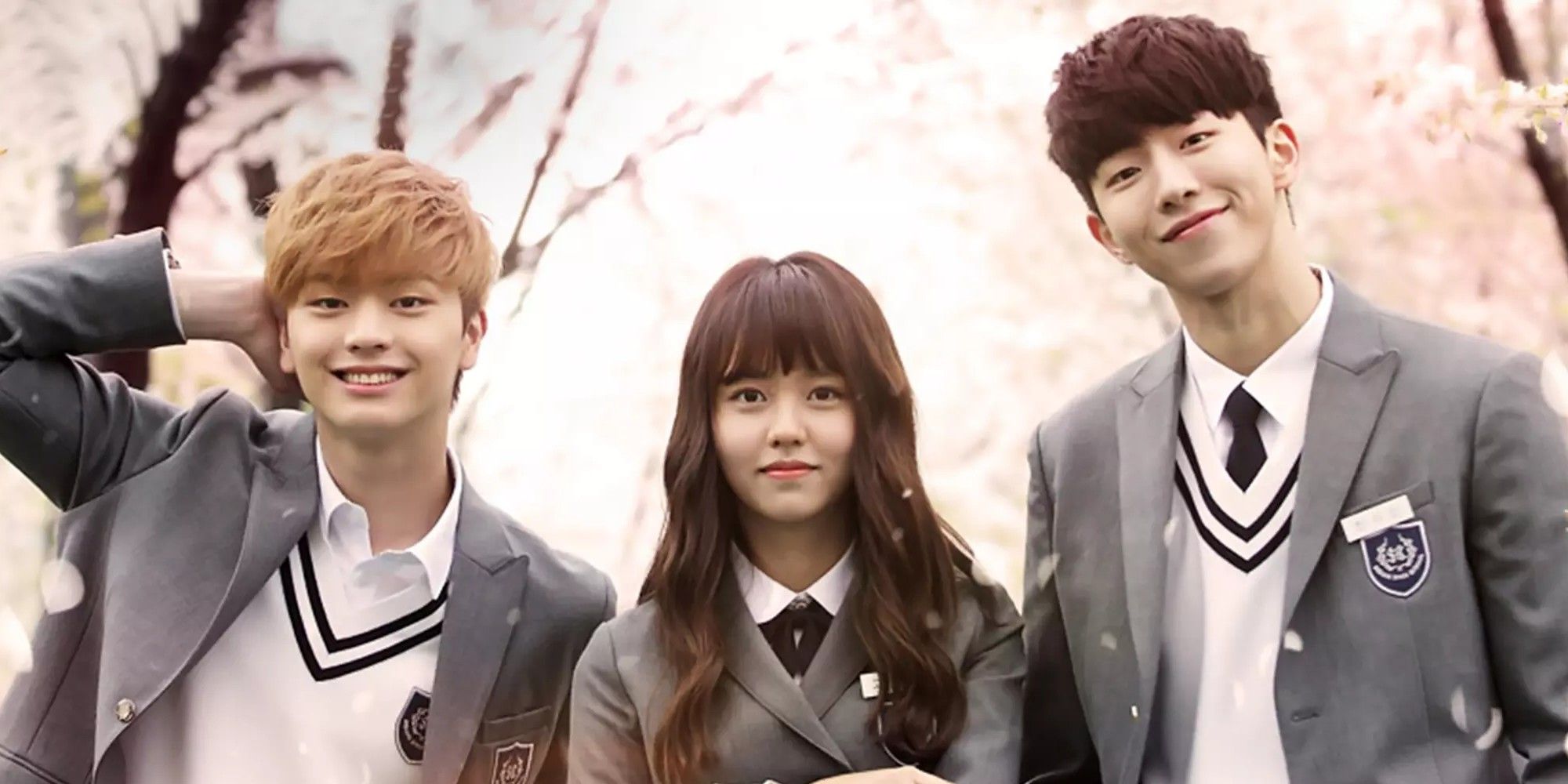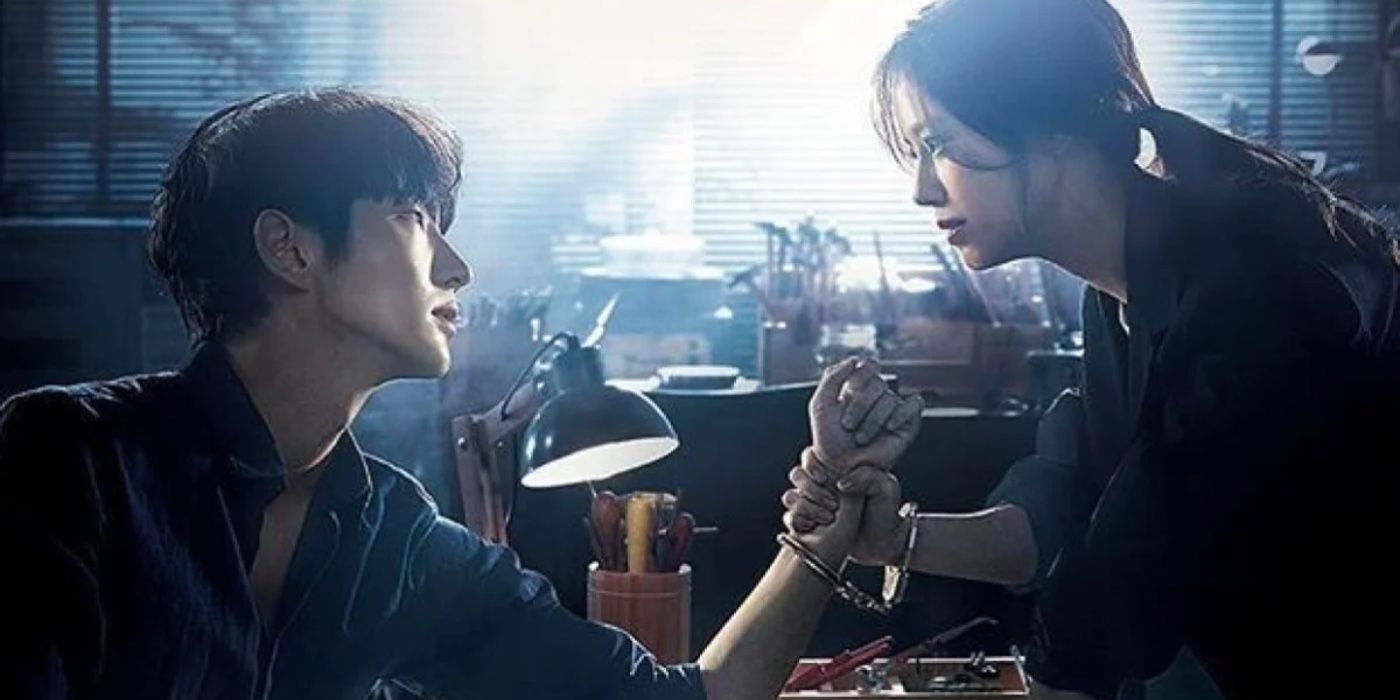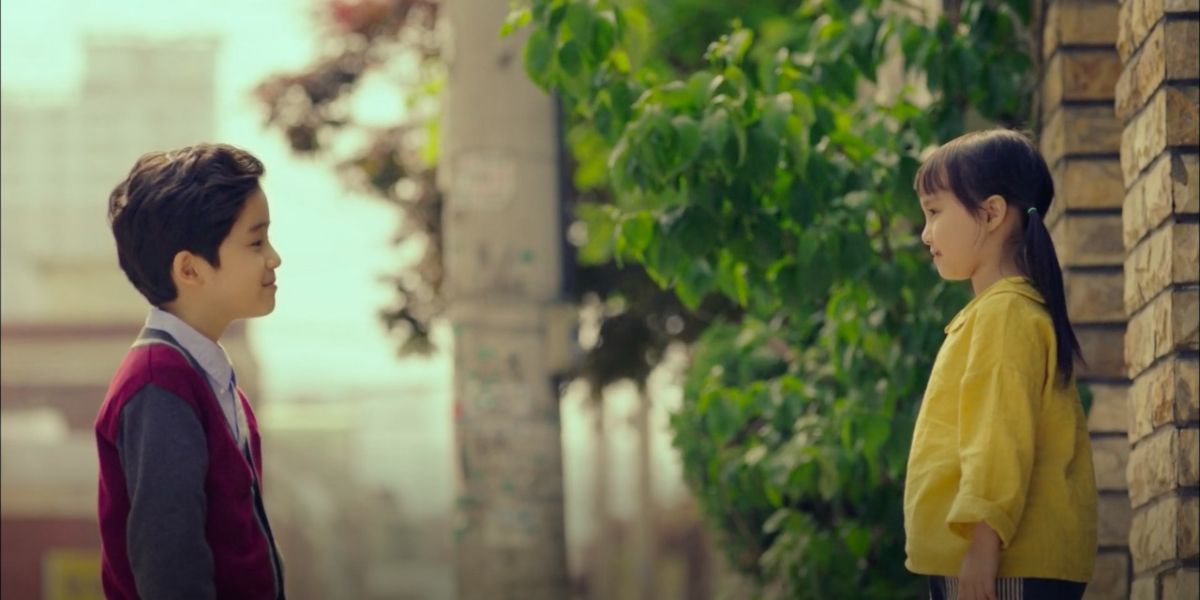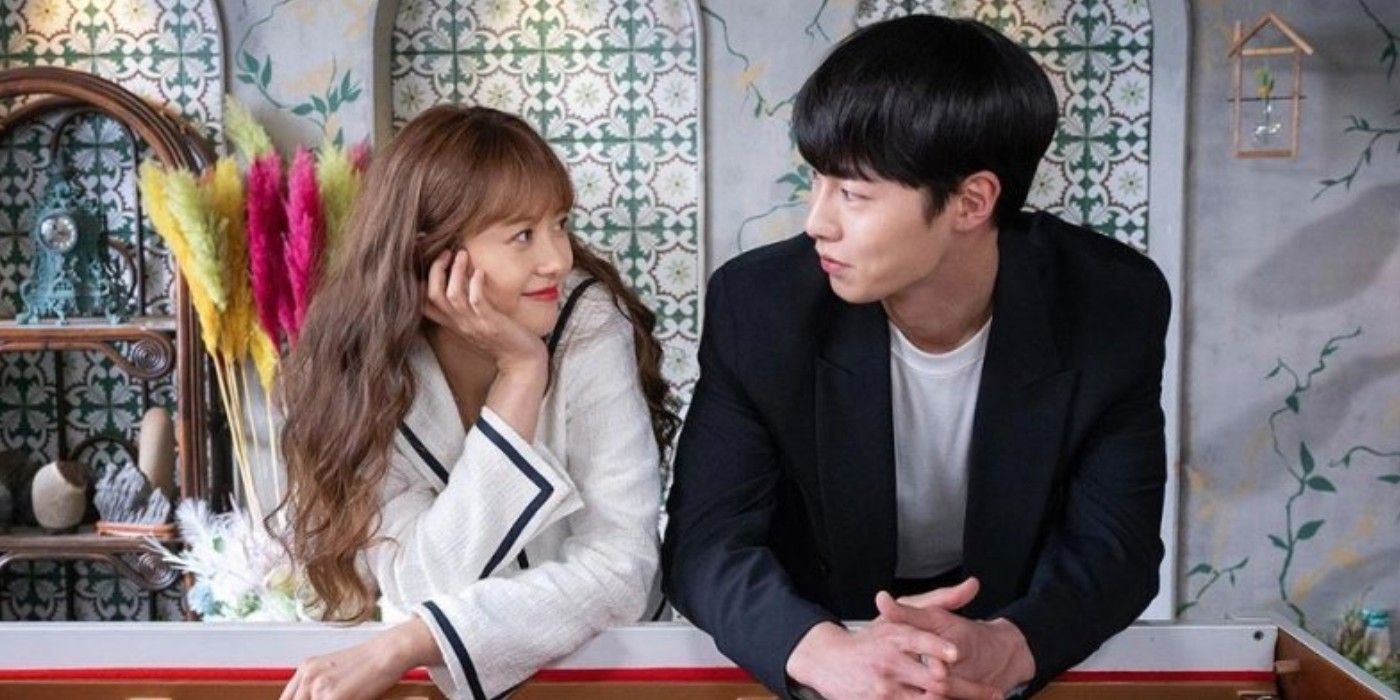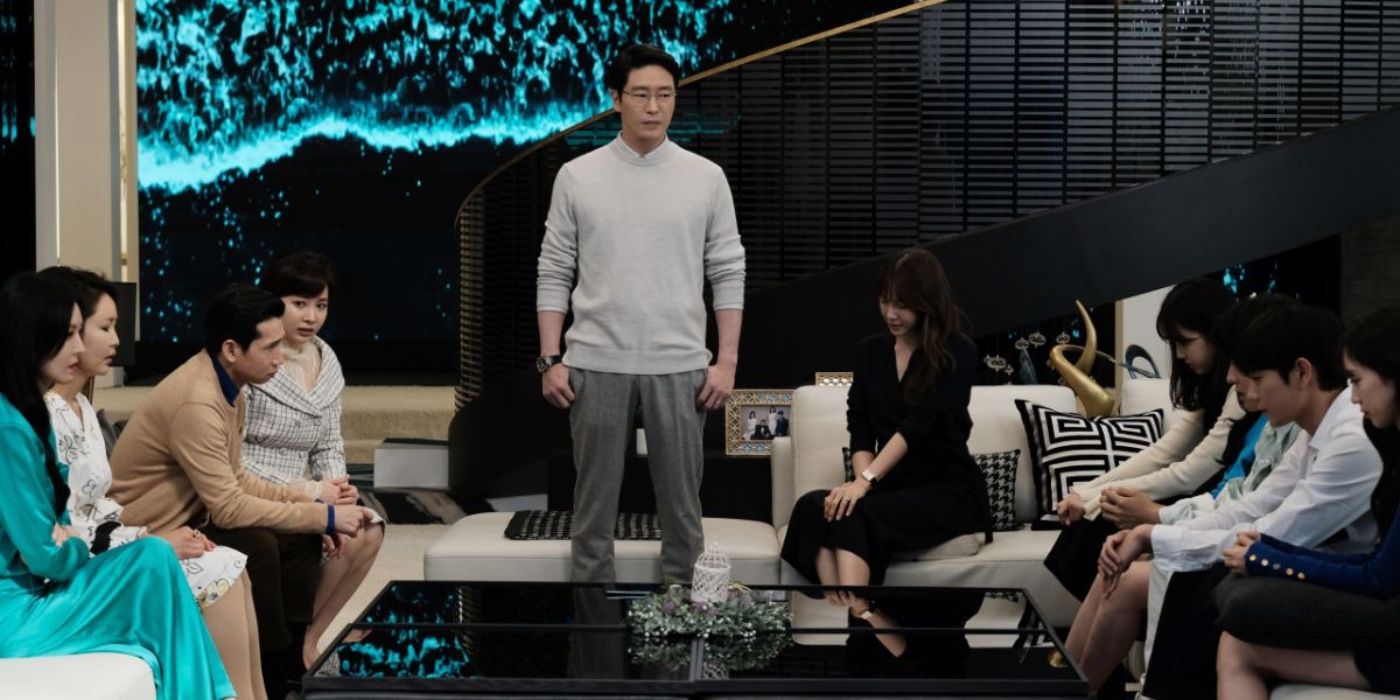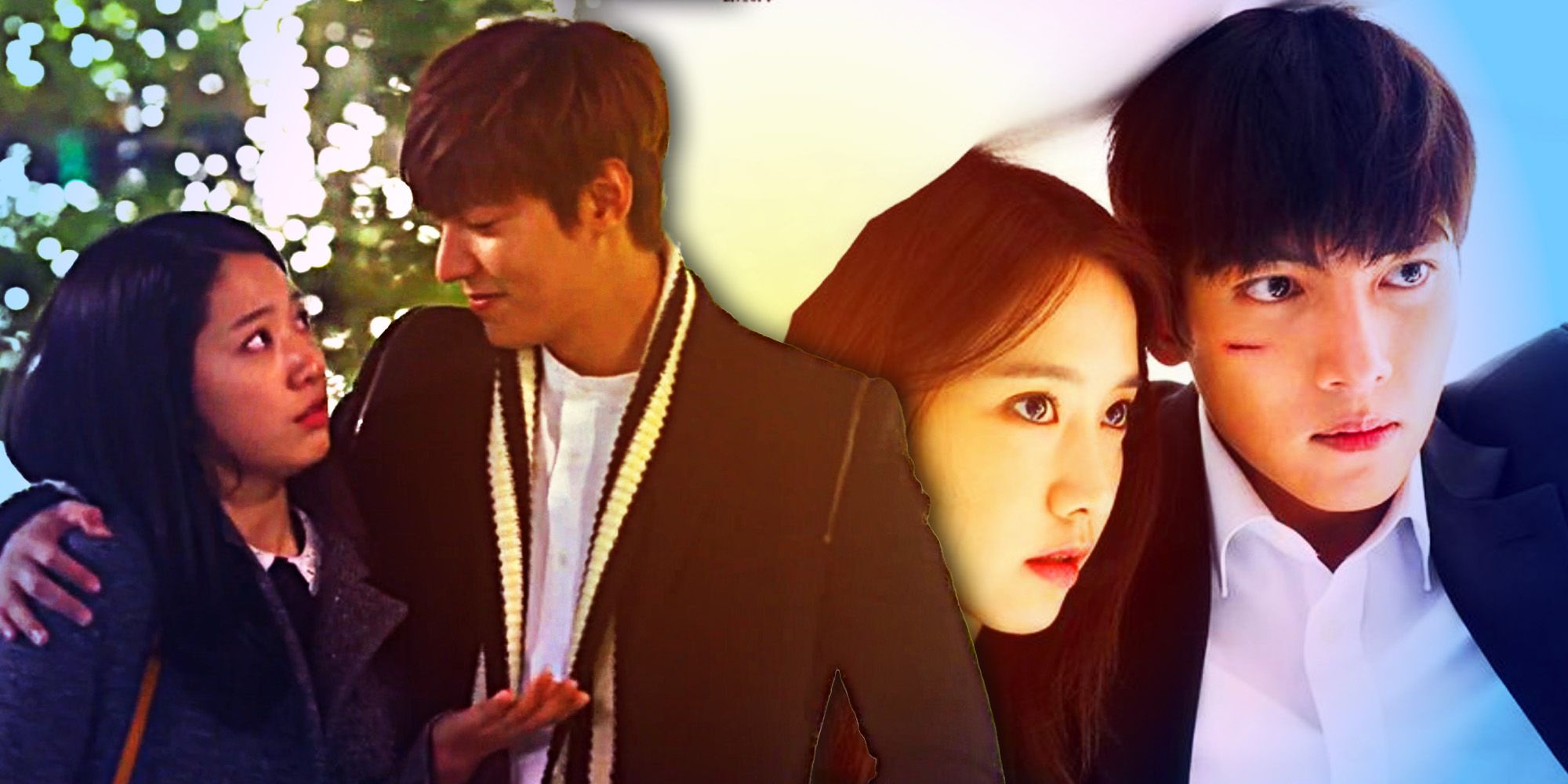
Unbelievable Plot Twists That Completely Shattered K-Drama Fans' Expectations

Unforgettable twists that shattered K-drama fans' hearts From childhood friends turned lovers to shocking character deaths, these plot twists had viewers on the edge of their seats!
Summary
The childhood friends trope in "Her Private Life" turned off viewers as it seemed random and lacked importance to the overall plot.
The undercover cop portrayal in "Heartless City" diminished the show's gravity, detracting from the menace of the villains.
The inclusion of the memory wipe plot twist in "Legend of the Blue Sea" seemed repetitive and excessively sentimental, leaving viewers uncertain about the motivations and convictions of the characters.
Nothing is worse than investing time and energy into a k-drama, only for an unnecessary plot twist to completely ruin the series. Often, these plot twists come out of nowhere and have no significant impact on the plot or the characters. While more drama may seem like a good thing in a k-drama, in these cases, it not only harms the show but also changes how audiences perceive these k-dramas.
The following plot twists are the ten worst to ever appear in k-dramas. These twists were unnecessary, unrealistic, or detracted from the series rather than enhancing it. Moreover, they were highly controversial moments within their respective k-dramas, and even long after watching, continue to be points of disagreement among audiences. Though some may be worse than others, each plot twist made viewers question why the writers chose to take such a direction.
10 The Childhood Friends Trope In Her Private Life
One despised plot twist in k-dramas is the childhood friends cliché. In this scenario, the main characters in a romantic relationship suddenly realize that they were close friends during their childhood, despite not recognizing each other at the time. Her Private Life from 2019 perfectly exemplifies this cliché. The drama revolves around a young woman who pretends to be in a relationship with her boss to counter a rumor that she is dating a k-pop idol, thereby thrusting her into the limelight. In an attempt to add depth to their connection, the series subtly hints at their childhood friendship. However, for some viewers, this revelation immediately detracts from the overall enjoyment of the show. This cliché often feels arbitrarily introduced and fails to serve a significant purpose within the plot.
9 Undercover Cops In Heartless City
The undercover cop trope in Heartless City reached a level of absurdity that bordered on humor. This 2013 crime k-drama series revolves around the intricate web of a drug ring in Busan. Despite the clear distinction between the series' main protagonists, who were determined to dismantle the ring, and the supposed antagonists, many of the so-called villains turned out to be undercover cops themselves. With each passing episode, the number of characters revealed as undercover cops grew, to the point where it seemed that the drug ring had no actual drug dealers left. While this trope has the potential to astonish and captivate audiences, in Heartless City, it unfortunately diminished the show's overall seriousness.
8 Memory Wipe In Legend Of The Blue Sea
7 The Leads Meeting Before In Crash Landing On You
The plot twist in Legend of the Blue Sea left numerous audience members perplexed. This 2016 romance k-drama series revolves around the romantic relationship between a mermaid and a con artist. In the final moments of the series, the mermaid chooses to return to the ocean, erasing the memories of everyone she had ever encountered, including her love interest. While this may appear to be a fittingly intense reaction, many viewers believed that the character took things too far. Of particular concern was the mermaid's assertion that people never change, despite her memory wipe preventing them from doing so. Overall, the twist felt repetitive and excessively dramatic.
Despite its popularity, Crash Landing on You faced criticism from dedicated viewers due to a plot twist that they found unfavorable. The series tells the story of a wealthy woman accidentally paragliding into North Korea, and it is revealed that the two main characters had actually encountered each other multiple times in the past without recognizing one another. While it is reasonable for this to happen once or twice, the fact that they continuously failed to acknowledge each other raises questions. Additionally, viewers are left pondering the significance of this twist in relation to the overall plot.
6 Different Love Interest In School 2015
Sometimes, the biggest twist in a k-drama is when a character is faced with a simple choice between two love interests. When it comes to School 2015, many viewers strongly believe that the female lead made the wrong decision. School 2015 is a school k-drama centered around identical twins who were separated at birth and lead very different lives. While the drama kept the audience engaged throughout, they were particularly disappointed when one of the twins chose her first love interest over the second one, even though the second love interest had shared more meaningful moments with her. It may not be the typical kind of plot twist, but a romantic switch-up like this can undeniably disappoint dedicated viewers.
5 Amnesia Trope In The Flower Of Evil
The use of a plot twist involving amnesia in k-dramas is not a new concept. However, Flower of Evil takes a questionable approach towards its implementation. This 2020 crime series revolves around a man who keeps secrets from his detective wife while she investigates a series of murders. While the reason behind the lead character's amnesia is logical, the way it unfolds lacks satisfaction. The amnesia feels unnecessary and even cruel, subjecting the character to unnecessary suffering. Moreover, the series fails to depict the character's recovery from his injury and reunion with his family. Ultimately, this plot twist proves to be a mean narrative device that undermines the well-deserved happy ending of the lead character.
4 Kidnapping In What's Wrong With Secretary Kim
3 Baby Swap In Mouse
: Surprisingly, the use of kidnapping as a plot twist is quite popular in k-dramas. However, in the case of What's Wrong With Secretary Kim, it failed to align with the overall narrative. This 2013 series revolves around an arrogant chairman whose world is turned upside down when his loyal secretary resigns. Nevertheless, the true complexities lie within the characters' pasts. Specifically, it is revealed that the male protagonist was abducted during his childhood, and his brother was the one responsible, resulting in emotional scars for both of them. Regrettably, this dark and tragic subplot seemed out of place amidst the upbeat romantic theme of the rest of the series, creating an unrealistic narrative that was difficult to accept.The baby swap twist in Mouse, a k-drama with ethical dilemmas, adds complexity to the plot. This 2021 crime k-drama follows a detective grappling with a traumatic past as he delves into the "psychopathic gene," which explains why murderers lack remorse. The revelation of a baby swap serves as a defining moment, illustrating that serial killers are born with their predisposition, unaffected by their environment. While Mouse aims to explore the "psychopathic gene," this twist challenges the commonly held belief that psychopathic behavior is shaped by both nature and nurture. Consequently, it raises numerous thought-provoking issues.
2 Major Character Death In Do Do Sol La La Sol
1 Fake Deaths In The Penthouse
One of the most frustrating plot twists in the history of k-dramas took place in the 2020 series Do Do Sol La La Sol. The show revolves around a struggling pianist who receives support from a compassionate man. Despite the initial romantic vibes, viewers were left heartbroken when the female protagonist learns that her love interest has tragically passed away, pushing her into a state of mourning. However, the story takes an even more devastating turn when it fast-forwards and reveals that, contrary to what was thought, the love interest is actually alive, rendering the main character's anguish over his death pointless. This plot twist undeniably overshadowed all the other positive aspects of the series.
The Penthouse, a k-drama filled with an abundance of plot twists, is known for leaving its audience with whip lash. However, the series faces a drawback with its excessive use of fake deaths, which undermines its credibility. Countless characters have been "killed" only to miraculously return without any satisfactory explanation. Sadly, this overuse of fake death plot twists makes it challenging to trust anything the series presents, ultimately tarnishing its integrity.
